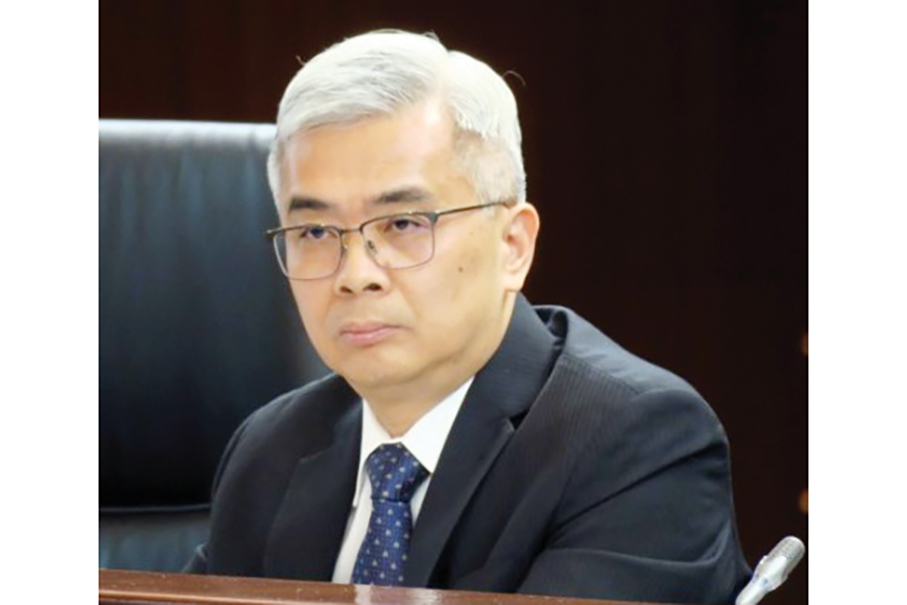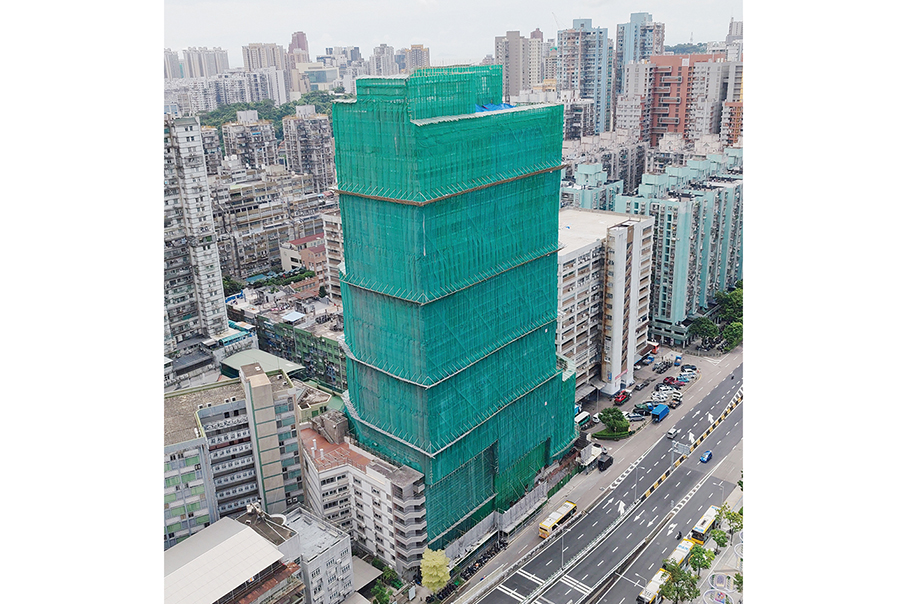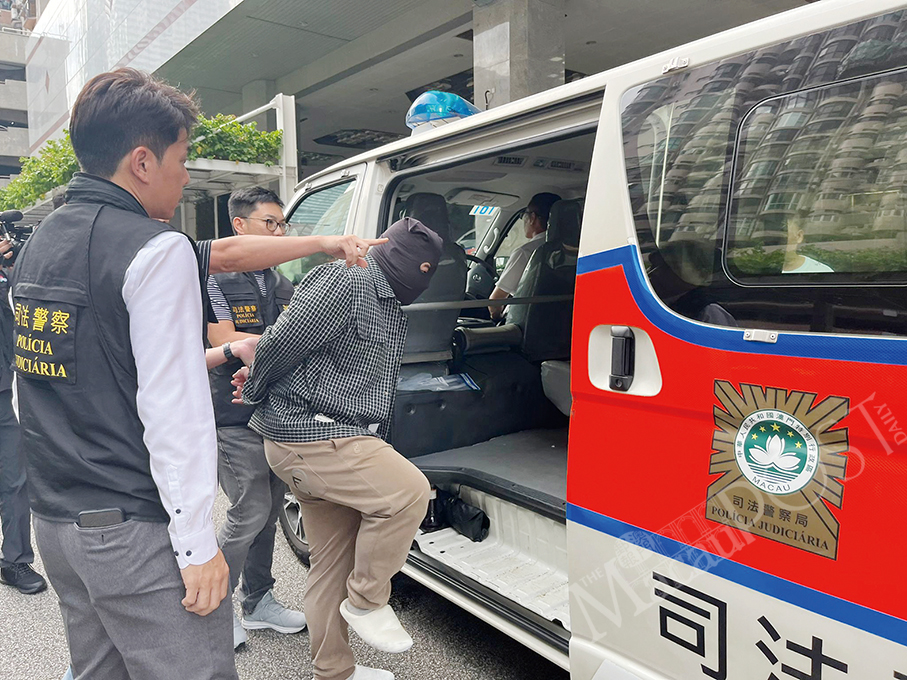Secretary for Security Wong Sio Chak noted yesterday that multiple lawmakers have received extortion emails featuring AI-generated images of their faces superimposed on inappropriate pictures, while he acknowledged the challenges of investigating such cybercrimes.
Wong made the remarks during a Legislative Assembly plenary oral interpellation session yesterday, with several lawmakers expressing their concern over cybersecurity and internet crime.
Wong emphasised that cybersecurity is a crucial aspect of national security, asserting that without it, there can be no true safety. He highlighted the government’s multifaceted approach, which includes enhancing cybersecurity technologies, updating regulatory frameworks, and fostering interdepartmental and regional cooperation to safeguard online security.
Indirectly-elected lawmaker Lam Lon Wai and indirectly-elected lawmaker Chui Sai Cheong raised questions regarding the rise in cyber threats, while lawmaker-cum-civil engineer Leong Hong Sai disclosed that some of his colleagues had received emails displaying their faces attached to another’s body. He recounted having previously enquired about AI-generated face swap crimes, to which the Secretariat for Security (GSS) had reported that no such incidents were known to have occurred in Macau.
In response to Leong’s concern, Wong confirmed that the Judiciary Police had reported an increase in similar extortion attempts targeting lawmakers and officials. “The body is not yours, but the face is. We will thoroughly investigate and follow up,” he promised.
Wong further noted that while these face-swap extortion schemes are nothing new, the difficulty in investigating them lies in the anonymity of the perpetrators. “The suspect operates in the shadows while we work in the light,” he said, urging the public to be aware of these scams.
Wong pointed out that Macau has seen a significant rise in internet and AI-related crimes over the past decade, posing considerable challenges for law enforcement. He mentioned difficulties in recruiting cybersecurity talent locally, citing the recent hiring of four specialists from the mainland who left due to low wages and demanding working conditions. Wong encouraged local students to pursue careers in cybersecurity.
In terms of cyber threats to critical infrastructure, Wong reported a dramatic rise in attacks, with daily incidents increasing from approximately 1,600 in 2020 to around 6,200 this year. The number of alerts issued to operators has also surged, from 38 in 2020 to 231 by November 25 this year, according to Wong.
Despite the increasing number of attacks, Wong noted that the capacity to withstand such threats has improved, with reported cyber incidents dropping from 16 in 2020 to 8 in 2023. He reassured the lawmakers that the cybersecurity regulatory framework continues to evolve and improve, with the government prepared to initiate legislative studies if needed.
Wong concluded by stressing the importance of a collective effort in enhancing cybersecurity awareness among service providers and users alike. In response to suggestions for a government-operated cloud computing centre to assist small and medium-sized enterprises (SMEs) in data protection, he clarified that such measures would involve personal privacy issues, making it impractical for the government to intervene in all private domains.

Secretary for Security Wong Sio Chak addresses yesterday’s plenary session in the Legislative Assembly’s (AL) hemicycle. – Photo courtesy of TDM








